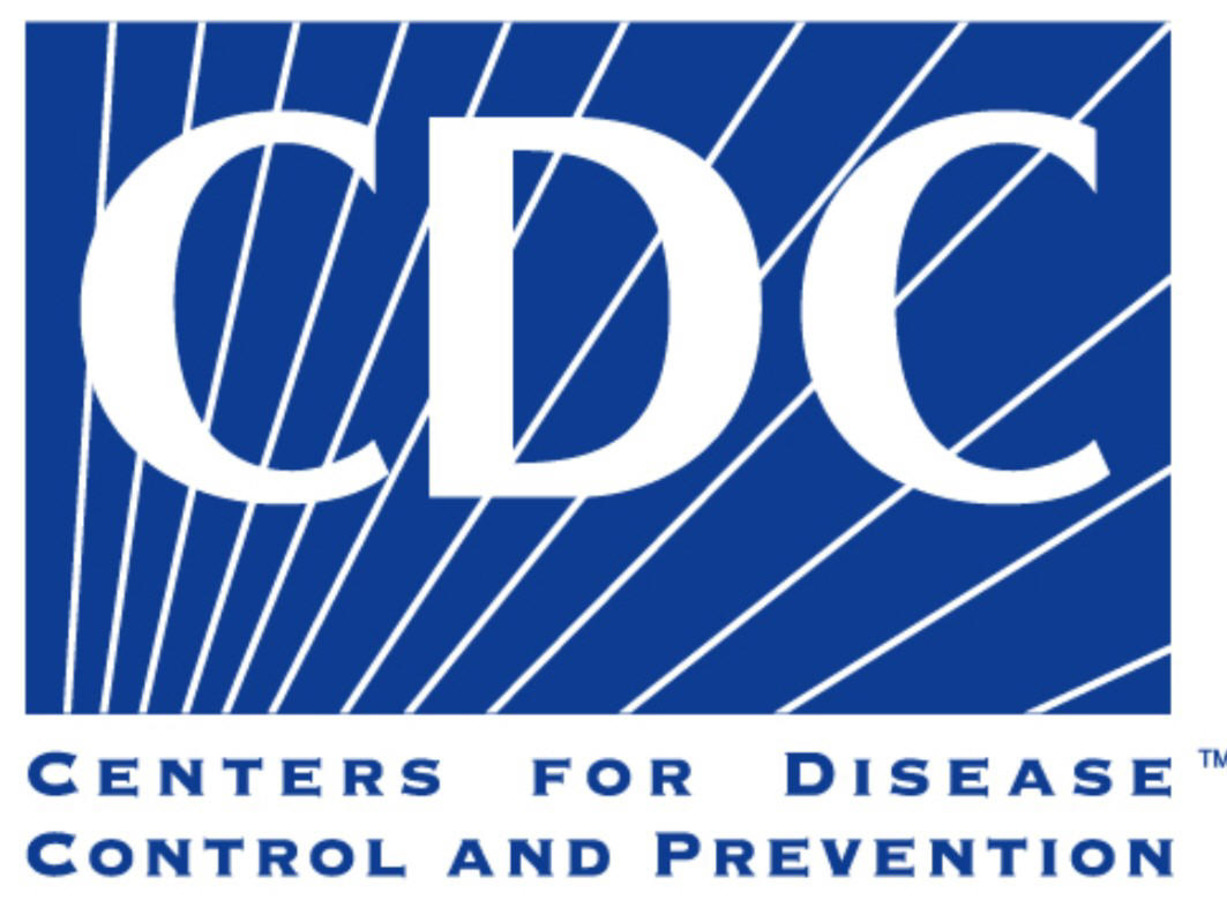As employers are likely aware, cases of the 2019 Novel Coronavirus (also referred to as COVID-19, but more commonly known simply as the “Coronavirus”) continue to spread. While the U.S. Centers for Disease Control and Prevention (CDC) continues to maintain that the risk to the general U.S. population presently remains low, the CDC is now stating that “[m]ore cases are likely to be identified in the coming days, including more cases in the United States,” and that “[i]t’s also likely that person-to-person spread will continue to occur, including in the United States.”
This assessment comes after the CDC expanded its Coronavirus travel notices to a number of additional locations. Most notably, on February 24, 2020, the CDC issued a level 3 travel notice for South Korea, recommending that individuals avoid nonessential travel to the country. This follows the issuance of a similar level 3 notice for mainland China earlier in the outbreak on January 27.
Additionally, the CDC has issued level 2 travel notices for Italy, Japan, and Iran, advising high risk travelers, such as older adults and/or those with chronic medical conditions, to practice heightened precautions while traveling or consider postponing nonessential travel all together. A level 1 travel notice has been issued for Hong Kong, recommending that travelers follow usual sanitary precautions (e.g., hand washing, avoiding contact with those who are sick, and watching for potential Coronavirus symptoms), though at this time the CDC is not recommending that travelers cancel or postpone travel to Hong Kong. Further, the CDC is stating that “community spread” of the Coronavirus (defined as individuals being infected with the virus but not knowing exactly how or where they became infected) has been detected in Singapore, Taiwan, Thailand, and Vietnam, though no official travel notices have yet been issued for these locations.
This continues to be a rapidly changing situation, and employers are strongly advised to frequently monitor the CDC, World Health Organization (WHO), and U.S. State Department websites for further information about the spread of the Coronavirus and its local impact. Employers should also consult the CDC’s Interim Guidance for Businesses and Employers, which we discuss in more detail here.
Further, in light of the new CDC notices, many employers are also starting to consider enacting or expanding employee travel restrictions and/or “quarantine” protocols (e.g., remote work requirements) for workers traveling from affected areas. Employers considering such measures are advised to consult with counsel, as certain considerations including anti-discrimination, wage and hour, and leave policies may be implicated. Employers may also consult our more detailed (and frequently updated) blog on Coronavirus and the Workplace: What Employers Need To Know, where we discuss a number of employment-related concerns regarding the virus, including managing employee travel, OSHA requirements, leave and accommodation considerations, and more.
Proskauer’s cross-disciplinary, cross-jurisdictional Coronavirus Response Team is focused on supporting and addressing client concerns. Visit our Coronavirus Resource Center for guidance on risk management measures, practical steps businesses can take and resources to help manage ongoing operations.
